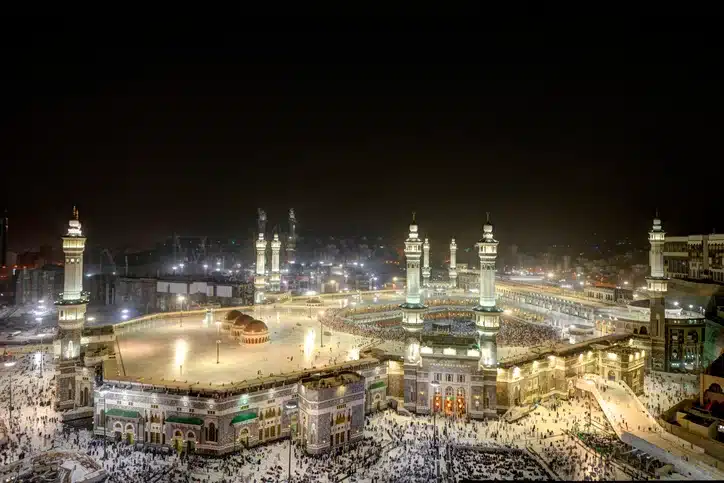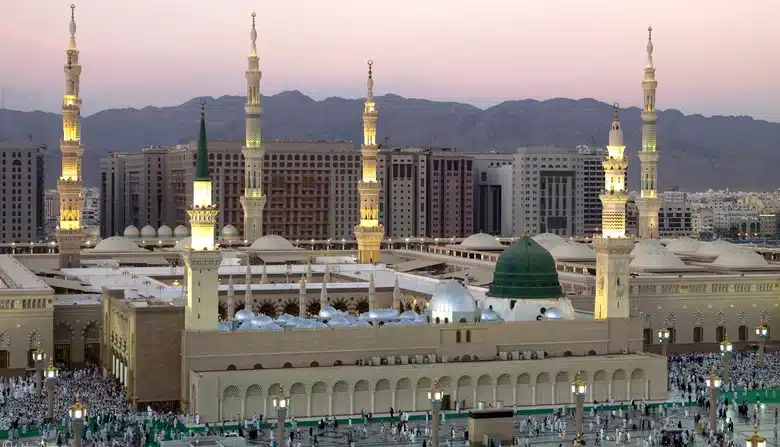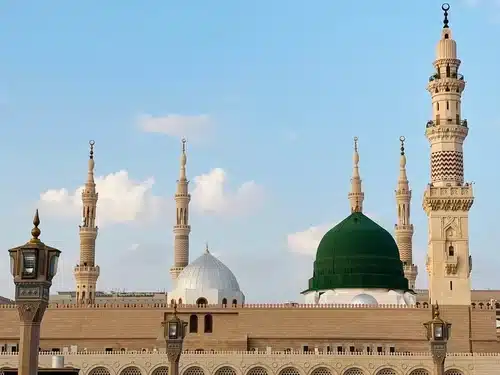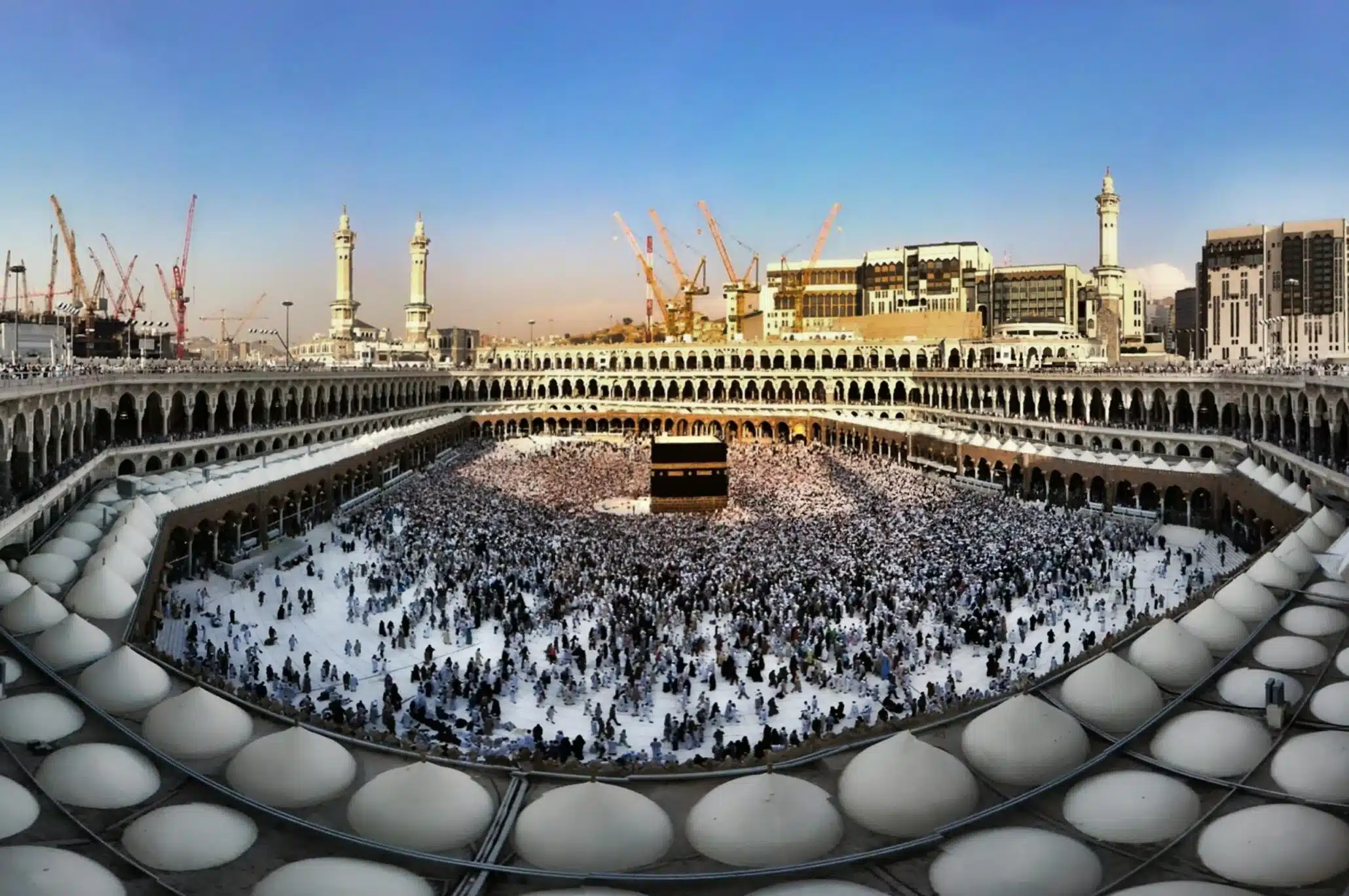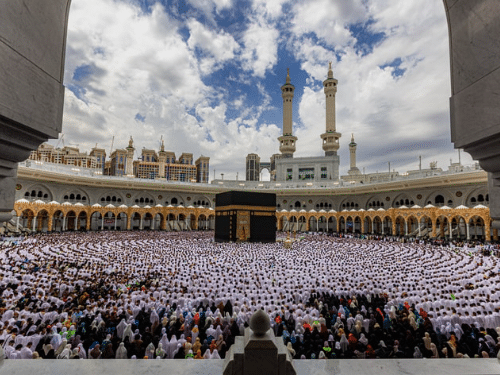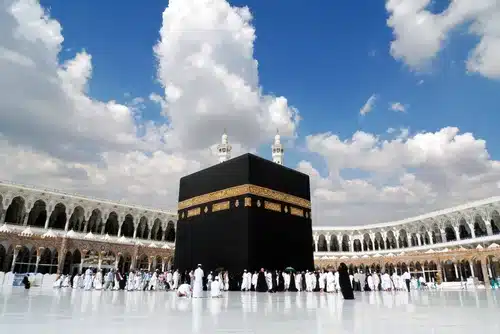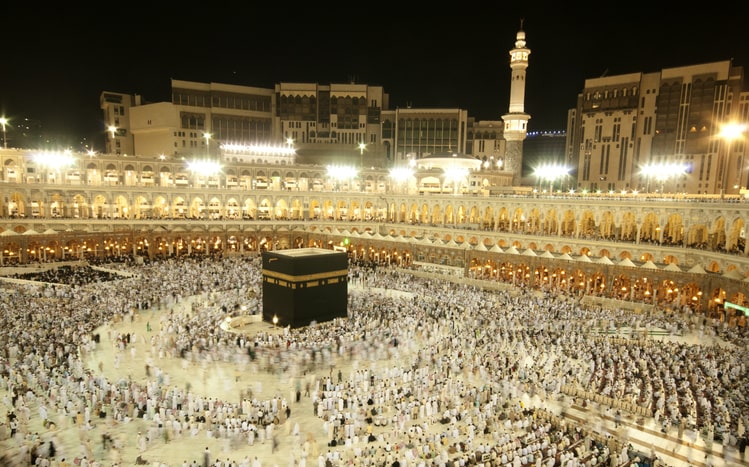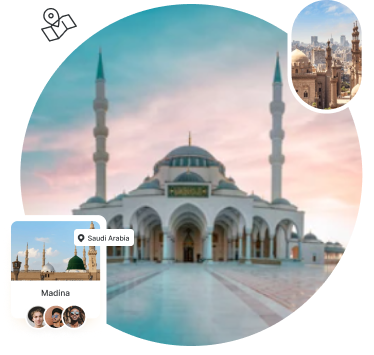The history and Significance of Islamic Holidays
The History of Muslims encompasses many significant events that they commemorate even today. Allah gave two occasions for the Muslims to celebrate, Eid-ul Fitr and Eid-ul-Adha. The remaining Islamic holidays have religious significance because of the important events attached to these dates.
Eid-ul-Fitr: –
Muslims celebrate Eid-ul-Fitr to thank Allah for the blissful month of Ramadan. Ramadan brings countless blessings and rewards for Muslims as they engage in worship and prayer. Doing charity and sadqa also earn huge rewards. Allah rewards the Muslims for their patience and perseverance with Eid-ul-Fitr.
Muslims rejoice in the event by decorating their homes and wearing new clothes and jewelry. Islamic holidays for Eid-ul-Fitr typically last for four days, starting from one day before Eid. That day is called Chand Raat, whereby women prepare for the Eid festivities. They clean their homes, head to the salon to prep for the event, and hit the market for last-minute matchings and leftovers.
Even men go to the salon for fresh hair cut and styling before Eid. Muslims celebrate the event by visiting each other. They enjoy the gastronomical feast as they all gather at Eid Milan parties. While celebrating Eid with their beloveds, Muslims must remember the impoverished people and spend in the way of Allah to earn his pleasure.
Eid-ul-Adha:-
The other major Islamic holidays come on the occasion of Eid-ul-Adha. Allah put his prophets and messengers to various tests so that we may learn lessons and follow their example to remain steadfast on the Guided Path. Similarly, he tested Hazrat Ibrahim (AS) in several ways, the toughest of which was to sacrifice his son, Hazrat Ismail (AS) for Allah. Both father and son were happy to offer the sacrifice.
Allah loved their obedience so much that he accepted their sacrifice while protecting the life of Hazrat Ismail (AS). He made the sacrifice of Hazrat Ibrahim (AS) an obligatory ritual for every Muslim so that we may remember whatever we have is for Allah. Eid-ul-Adha commemorates this esteemed sacrifice, whereby Muslims buy sacrificial animals, like cows, goats, lambs, or camels.
They sacrifice these animals in the name of Allah. They must divide the meat into three parts, one for the needy, one for relatives, and one for themselves. Muslims celebrate the Islamic holidays of Eid-ul-Adha by offering sacrifice, and then making delicious meals. Barbeque, grilled meat, chops, liver, and many other dishes are specialties of Eid-ul-Adha. Especially, barbeque is the most-awaited event of Eid-ul-Adha where families get together and cook food and make memories together.
Laylat-ul-Qadr:-
Laylat-ul-Qadr is one of the last five odd nights of Ramadan. It is such a powerful night in which angels descend on Earth and note the names of people who engage in prayer and worship. Surah Al-Qadr sheds light on the importance of this night, whereby worship is better than a thousand nights’ worship. That is why many Muslims sit for Itikaf in the last ten days of Ramadan so they may search the Night of Power well. Some people have their Umrah tour in the last ten days of Ramadan to get the most out of the Night of Power. Many countries give Islamic holidays in the last ten days of Ramadan so people can worship without hindrance.
Eid Milaad un Nabi:-
Muslims celebrate the birth of their beloved Prophet Muhammad (PBUH) on the 12th Rabi-ul-Awwal. Muslims observe this day with sanctity and love for Prophet Muhammad (PBUH). They organize milaad whereby they recite Durud Shareef and naats to praise the esteemed personality of Prophet Muhammad (PBUH).
Ashura:-
The 10th of Muharram is one of the most significant dates in the Islamic calendar. Many significant events took place on this day.
The most important event in the history of Islam was the martyrdom of the beloved grandson of Prophet Muhammad (PBUH). This event has great significance for many reasons. Firstly, Allah wanted to show the Muslims that testing times come for everyone, even the most righteous people. Secondly, there is a great lesson for us. No matter how tyrant the opponent could be, we must always stand by what is right and true. In many countries, especially where there is a Shia Muslim population, Ashura Islamic holidays fall from the 9th to the 11th Moharram.
Conclusion:-
These Islamic holidays commemorate important events in the history of Islam. Muslims must protect the sanctity of these events and celebrate them with utmost discipline and respect.
FAQs:-
What are the major Islamic holidays, and how are they celebrated around the world?
There are two major Islamic holidays. First on Eid-ul-Fitr and second on Eid-ul-Adha. Muslims celebrate these holidays with their loved ones in traditional ways. They prepare traditional meals, dress up, and meet and greet their friends and relatives.
How do Islamic holidays reflect the religious beliefs and practices of Muslims, and what is their historical significance?
Eid-ul-Fitr indicates the Islamic values of gratitude, love, and brotherhood. It is an event to thank Allah for his bounties, especially the gift of the holy month of Ramadan. The practices of Muslims to celebrate the happy occasion show how peace-loving and uniting religion Islam is.
Eid-ul-Adha reflects the Islamic value of sacrifice and the belief that everything in this world is temporary. Muslims celebrate the event by sharing happiness and love with their friends and family.
How have Islamic holidays been observed and celebrated over time, and how have they evolved in different regions and cultures?
Allah gave Muslims these Islamic holidays 1400 years ago. Since then, Muslims took their traditions and culture wherever Islam spread. Women prepare traditional dishes such as sweets and desserts in the morning. When men return from the mosque they eat them to celebrate the event. Similarly, in Eid-ul-Adha, Muslims offer prayers in the morning and then perform the sacrifice. In some countries, they gather all the sacrificial animals in one place and the people can collect the meat at some designated time. When they get the meat, they distribute it amongst their relatives and needy people.
What are some ways that non-Muslims can learn about and respect Islamic holidays, and how can interfaith dialogue be fostered through these celebrations?
Muslims can promote their religious traditions and culture by carrying on with them with pride. They can organize events and conferences where they can have an interfaith dialogue to explain the essence of the Islamic holidays.






